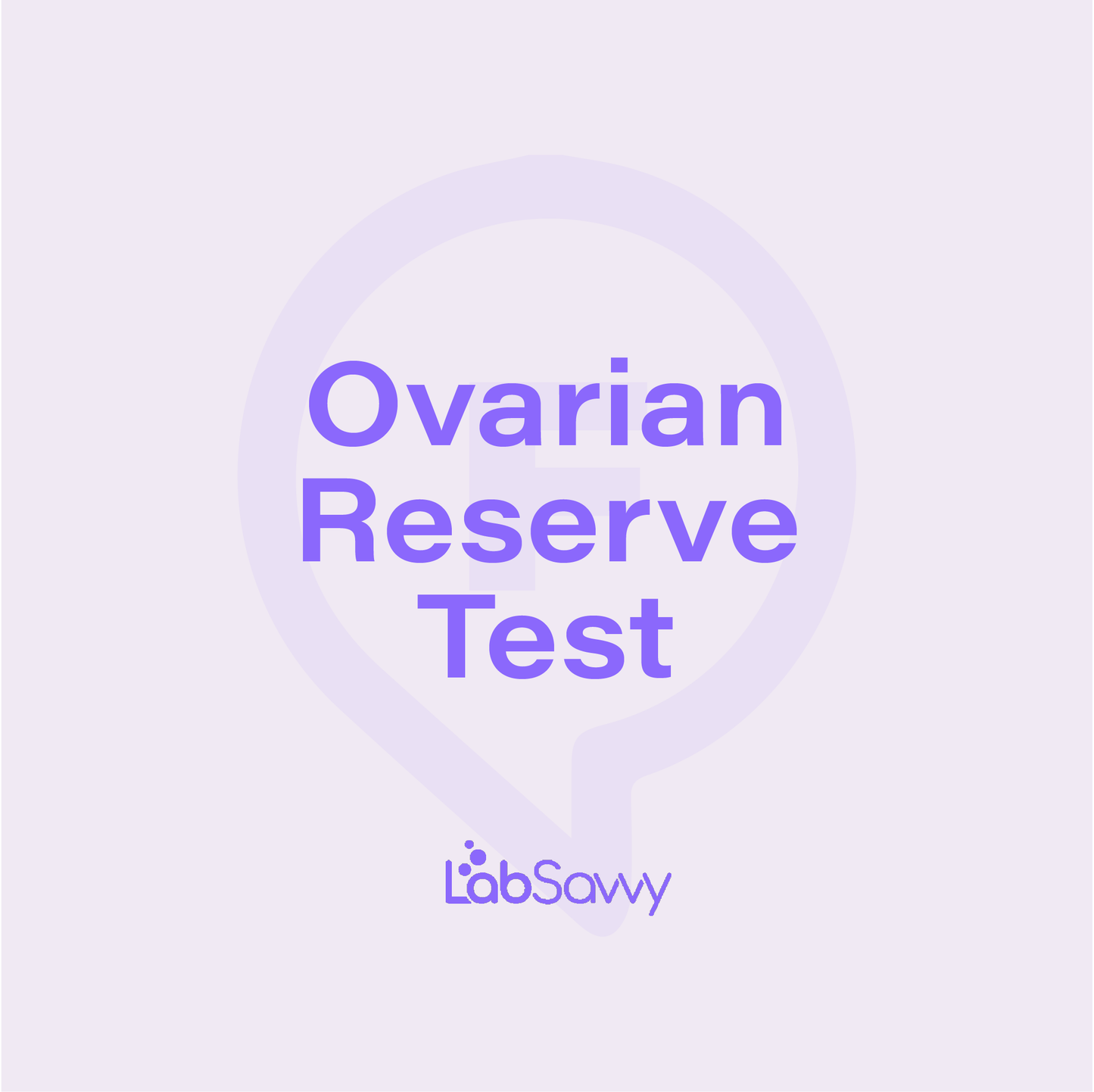The Ovarian Reserve Test is specifically designed for women seeking to assess their ovarian reserve and overall fertility potential. This test evaluates the quantity of eggs remaining in the ovaries and provides an indication of whether your ovarian reserve is above, below, or average for your age. It is particularly useful if you are considering fertility treatments like IVF, as it can help predict how you might respond to treatment.
 |
Anti-Mullerian Hormone (AMH) is a hormone produced by cells in and around the small follicles in your ovaries, which are the structures that release eggs. The level of AMH in your blood serves as an indicator of your ovarian reserve, providing an estimate of how many eggs you have left. Higher AMH levels typically indicate a greater egg count, while lower AMH levels (less than 1.0 ng/mL) suggest a reduced ovarian reserve. |
Anti-Mullerian Hormone (AMH) levels can be influenced by the use of hormonal contraceptives within the last three months. To obtain the most accurate assessment of your ovarian reserve, it is essential to avoid using hormonal contraception when taking this test. While the AMH test provides valuable insights into your ovarian reserve, it cannot determine the exact number of eggs you have, assess egg quality, or diagnose other fertility issues. Additionally, it is not recommended to delay attempting to conceive based solely on a single AMH reading. This test is only suitable for individuals between the ages of 18 and 55.







